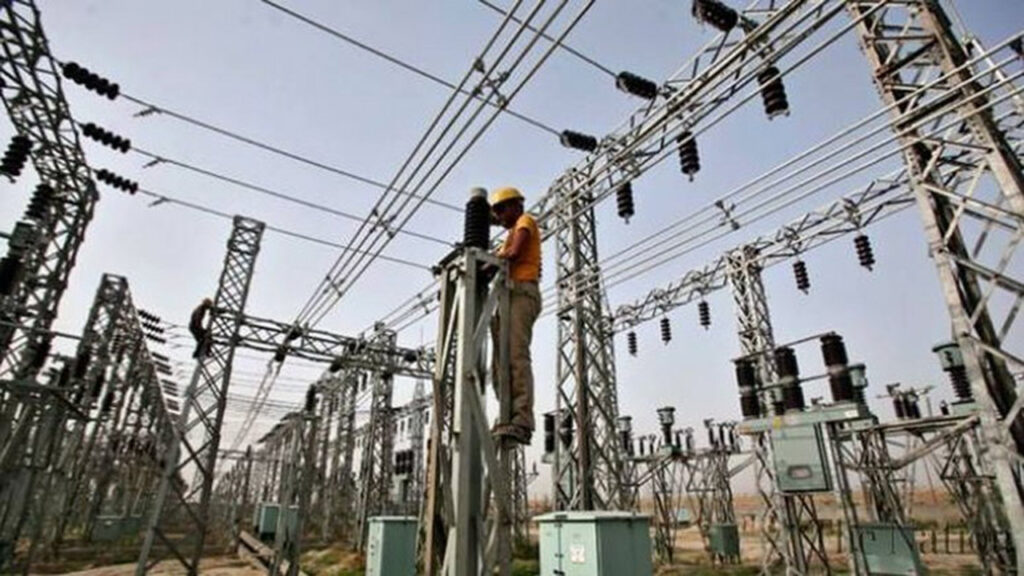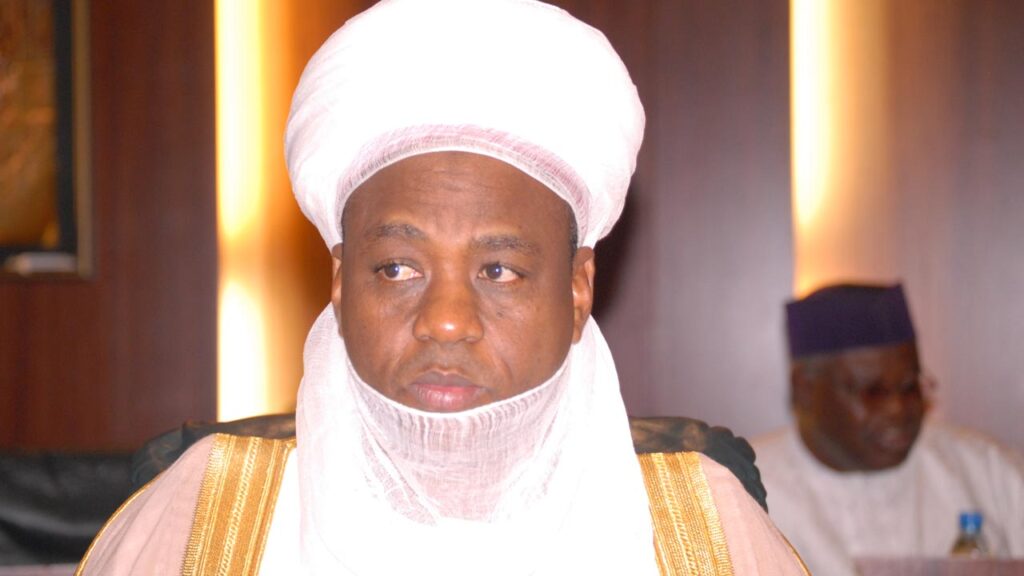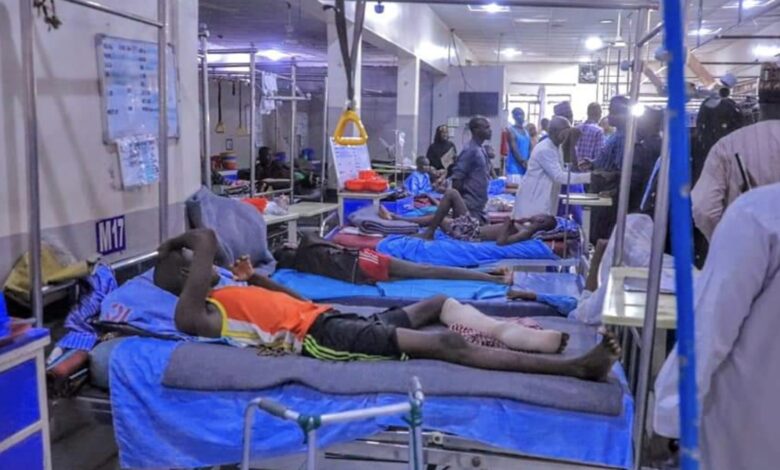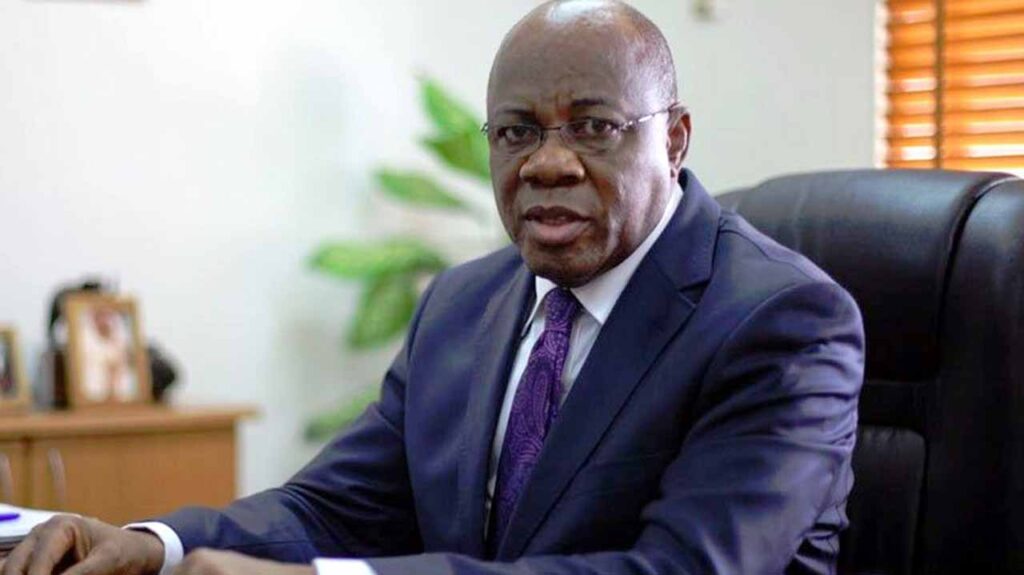
Amid harsh climatic condition and economic downturn, the public power supply has further worsened nationwide, with households and businesses squeezing to run on generator sets. TOBI AWODIPE and WALIAT MUSA report that the government can do no wrong with special intervention in the area of power supply.
Nigeria, once again, finds itself in the throes of a growing crisis as the power supply continues to deteriorate, exacerbating the already burdensome challenges faced by its citizens.
The dual impact of unreliable power supply and escalating costs associated with fueling generators has heightened the misery experienced by Nigerians, underscoring the urgent need for comprehensive solutions.
Speaking with The Guardian, Managing Director and CEO of Coleman Wires and Cables, George Onafowokan, regretted that his company has spent a lot of money to generate power privately, a situation he said has worsened considerably since after the lockdown in 2020.
He added that they switched to gas a few years ago in a bid to cut costs but unfortunately, gas has become very expensive now. “We have been asking the government to look into this gas issue. We are buying at over eight dollars per cubic feet while the same gas is sold to Ghana at $3.50 per cubic feet.”
Adding that diesel is mostly used for their trucks and buses, he said even at that, they spend over 100 million on diesel and 80 million naira on gas monthly. He added that though the price in dollars is unchanged, because of the depreciation of the Naira, the price keeps going up.
“If we were using diesel, it would have been worse as our operating costs would be five times what we currently expend on gas. We have been completely off the grid for over five years now as it did not make financial sense to rely on the public grid that keeps going on and off. Despite getting our own Independent Power Plant (IPP), there was no help or incentive from the government. We did everything on our own.” He urged the government to as a matter of urgency, fix the power problem in the country before more industries shut down.
“Many businesses would have to shut down if care is not taken; we need urgent solutions now or is it till all companies die off before the government realises this is a big problem? They say IGR is rising yet businesses are dying and people are losing their jobs, there is a disconnect somewhere. There are too many problems businesses are dealing with these days and using capital and profit to generate power to operate is a recipe for disaster,” he said.
The World Bank recently revealed that almost half of Nigeria’s 200 million people lack access to electricity as of 2022. Manufacturers are groaning under the weight of providing their own electricity supply, spending almost 50 per cent of operating costs on alternative supply as per the Manufacturing Association of Nigeria (MAN). This is despite still coughing out millions of Naira monthly to the discos in light bills. Last year, the World Bank stated that the economy lost $29 billion to poor electricity.
At a recent media parley, the General Manager of Unilever Nigeria Plc, Tim Kleinebenne, revealed that 95 per cent of their energy needs are generated, mostly from diesel generators. Adding that power has particularly been poor in recent months, he said the cost has been enormous and has far exceeded their monthly budgetary projections.
The Executive Director of Universal Luggage Industries Limited and former Manufacturers Association of Nigeria (MAN) chairperson, Apapa branch, Frank Ike Onyebu, regretted that despite calling on the federal government repeatedly to look into the power situation to save manufacturers and industries from dying, he said their pleas have fallen on deaf ears.
“Energy is one of the most important things any business needs, big or small. It is shameful that in 2024, we are still crying about the same problems we were crying about 15 years ago. In fact, the power situation now is worse. Even though the power distribution companies distribute darkness generously, we are still slammed with heavy bills monthly as the tariff keeps being reviewed upwards even though we get nothing in return.
“Our diesel expense is through the roof. Imagine spending close to a hundred million Naira on diesel to run generators monthly, how can we remain in business talkless of being competitive? We are not even talking about being profitable these days, we just want to remain in business.”
He said because purchasing power is low and coupled with other external factors like FX and exorbitant clearing costs, coupled with the worsening power situation, he said many industries are pausing production while others are staggering it. “We have had to pass some of these expenses to consumers but we cannot do too much because the economy is bad. Businesses are dealing with too much at this period and despite trying to find out why the power situation remains bad; we have been met with silence and more darkness. The cost of fuelling generators has tripled in the last couple of months just as the cost of everything else too. We are spending too much on diesel, this situation cannot continue like this,” he said.
A consumer and small business owner, Abigail Akinpelu, expressed her discontent with the inconsistent power supply. She emphasised that her business has suffered in the last couple of months, and she has incurred heavy losses because of the terrible power supply.
“This issue of poor power supply has made me run into severe loss in the sense that I pay more to fuel my generator. If we are being asked to pay more for power, they should give us what we pay for but we are not even getting what we currently pay for.
“I run a frozen foods business and everyone knows that a constant power supply is needed to preserve the goods. Whether I make sales or not, I have to keep the generator on, how much am I making in profits?” she asked.
The Manager at Chalon Hotel and Suites located in Isolo, Sola, lamented that the power situation had become unbearable. Revealing that since the start of this year when the power situation went from bad to worse, they currently spend between N2.5-3 million Naira on diesel every week.
“We spend over N10 million Naira on diesel alone in a month. To put it in perspective, this same period last year, we were spending less than N700, 000 on diesel weekly; now, we’re spending four times that.
“We are not making any profit, just trying to stay afloat and not shut down completely. We have gone to Ikeja Electric offices countless times to beg them but they told us that they too are running generators and there is nothing they can do. In fact, when this problem started, we thought they had taken us off the 33KV line but they said there is just no energy to share for consumers.”
Statistics has it that Nigerians collectively generate over 40,000 megawatts (MW) through self-owned generators, showcasing a significant reliance on alternative power sources rather than depending solely on the national grid. This substantial figure highlights the considerable cost and effort invested by individuals and businesses to meet their electricity needs independently.
The widespread self-generation of power indicates a critical gap in the efficiency of the national electricity services, prompting concerns about the potential opportunities for the government to harness if improvements are made.
But if the government can successfully address the challenges and enhance the efficiency of public electricity services, stakeholders said it would not only reduce the financial burden on citizens but also contribute to a more sustainable and environmentally friendly energy landscape.
Electricity analyst, Lanre Elatuyi, said higher electricity tariffs will not result in enhanced supply, especially in a market with an ATC&C loss level approaching 50 per cent. Upon scrutinising the Multi-Year Tariff Order (MYTO) for 2024, he highlighted that the average energy consumption by all eleven Distribution Companies (DisCos) is 3963MWh/h, a figure that does not accurately reflect the energy requirements of all Nigerians. He further suggested that load-serving entities should enhance their capacities at both 33kV and 11kV levels, so they can off-take more energy and distribute it to the consumers, leading to improvements in their ATC&C loss levels, noting that the increased efficiency is crucial to eliminating the practice of rejecting loads for commercial reasons.
He added that for citizens, the current biting economic situation will make any increase in electricity tariffs, a huge burden to bear especially when there is no significant improvement in supply.
He observed that Nigerians resort to self-generated power and electricity provision due to the sector’s shortcomings and the widespread use of generators using diesel and petrol by each household has environmental consequences.
He also noted that the situation underscores the need for incentives to enhance efficiency and attract increased investments in the grid, emphasising that recognising millions of end-users seeking affordable, reliable and sustainable electricity should drive efforts to improve the overall power supply infrastructure.
“On the issue of subsidy, MYTO 2024 sets out where subsidy goes to in NESI. The subsidy to be paid is the difference between the Cost Reflective Tariff and the Allowed Tariffs. The subsidy only caters for the NBET’s portion of the tariff which goes to the GenCos and Gas suppliers.
“We cannot say we are subsidising inefficiencies as the subsidy is to cover tariff shortfalls and not market shortfalls. If the subsidy is for market shortfalls due to DisCos high ATC&C loss level, then the claim of subsidising inefficiency is more plausible. The challenge is, given the economic realities in the country, how many people can pay cost-reflective tariffs? Unless one can prove that there are irregularities in how they arrived at the tariff, then we can question subsidy.”
Elatuyi highlighted that human behaviour is frequently shaped by cognitive biases, emotions, and psychological factors rather than purely rational choices. Electricity sourced from the grid is commonly perceived as a social good, and there is no certainty that people will readily pay for a Cost Reflective Tariff solely because they can afford fuel.
“Over the years, people have not enjoyed reliable supply, so there is this status quo bias whereby people are more psychologically inclined to run their generators because they have been doing so over the years. There is a need for orientation and enlightenment to see electricity as a commodity to be paid for, this has to be championed by the government, but unfortunately, the government itself is the biggest debtor,” he said.
National Coordinator of All electricity Consumer’s forum, Adeola Samuel-Ilori, emphasised that a true correlation exists only when consumers’ usage is accurately measured by meters. Drawing a parallel, he cited the example of petrol, noting that despite its price surging from N185 to nearly 650, consumers are willing to pay as long as they perceive value for their money.
However, in the power sector, he said, consumers often feel exploited due to bills generated through estimation. While the tariff may seem insignificant, it still impacts the purchasing power of the masses.
Samuel-Ilori said that the lack of metering makes high tariffs an unreliable measure for assessing the economic viability of the sector. He further expressed that it is disingenuous for a country endowed with abundant resources to rely solely on just hydro water and gas for power generation.
To enhance electricity in Nigeria, he advocated for the liberalisation of the renewable energy market, suggesting waivers or reduced duties on related materials; adding that while generator power has reached significant levels, exploring the potential of coal, wind, solar or other renewable sources is essential if the necessary materials are made available and affordable.
He pointed out that the power sector’s service and business dynamics are interdependent. “If DISCOs provide satisfactory service, consumers will pay, leading to a balanced relationship with generation companies (GENCOs) and increased megawatt generation.”
However, he criticised the lack of order in the industry, stating that everyone operates freely until a crisis arises, prompting the government to adopt a reactive approach, asserting that providing a stable and affordable power supply is not a daunting task.












